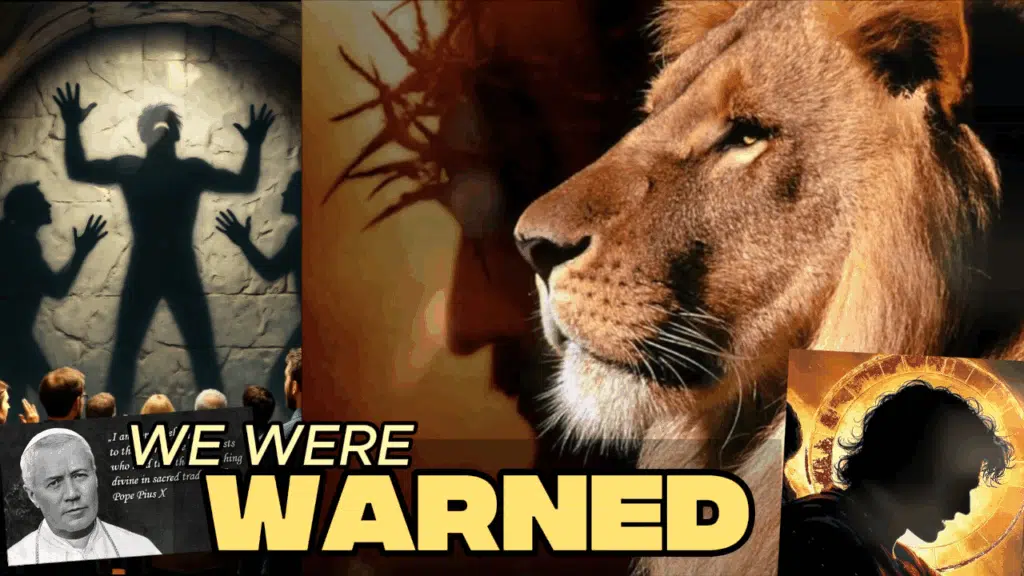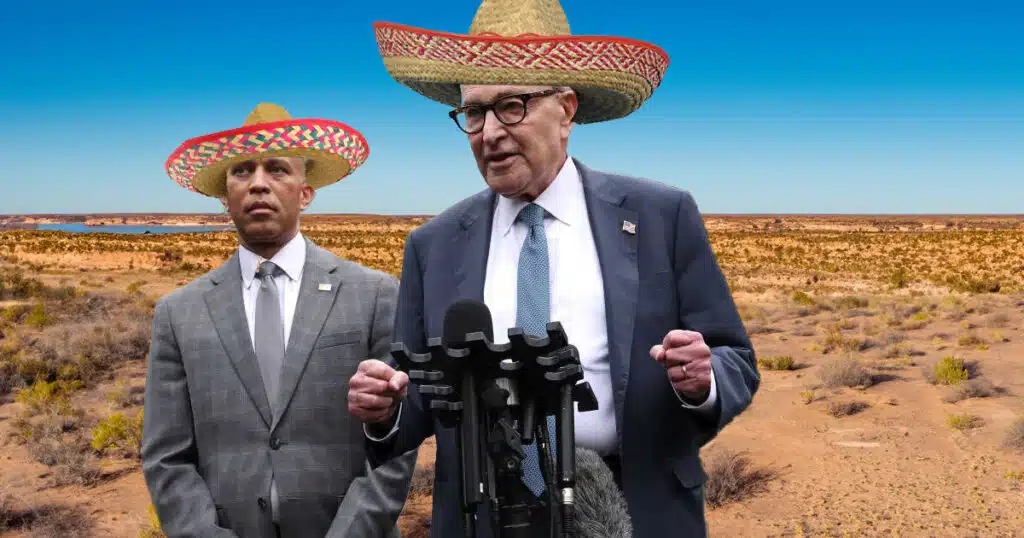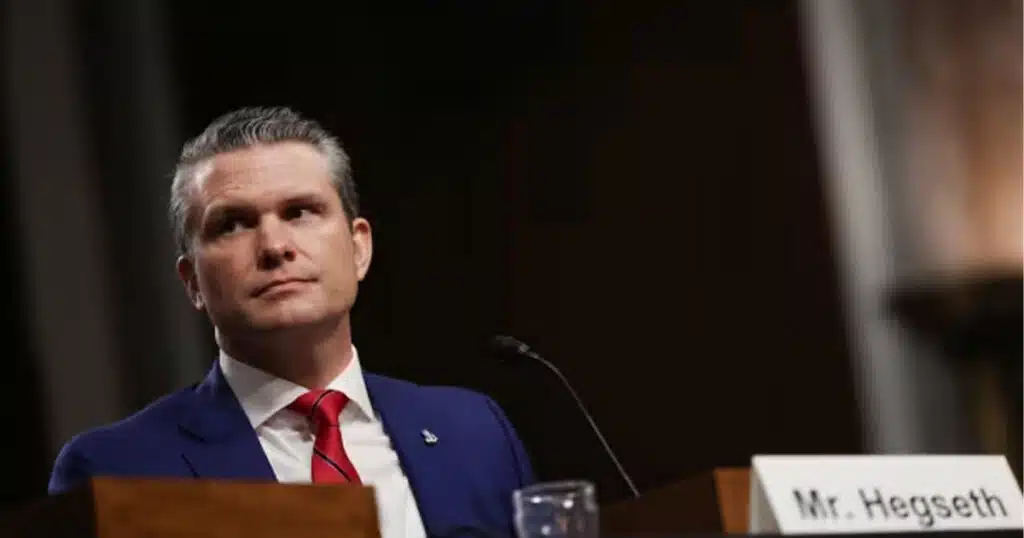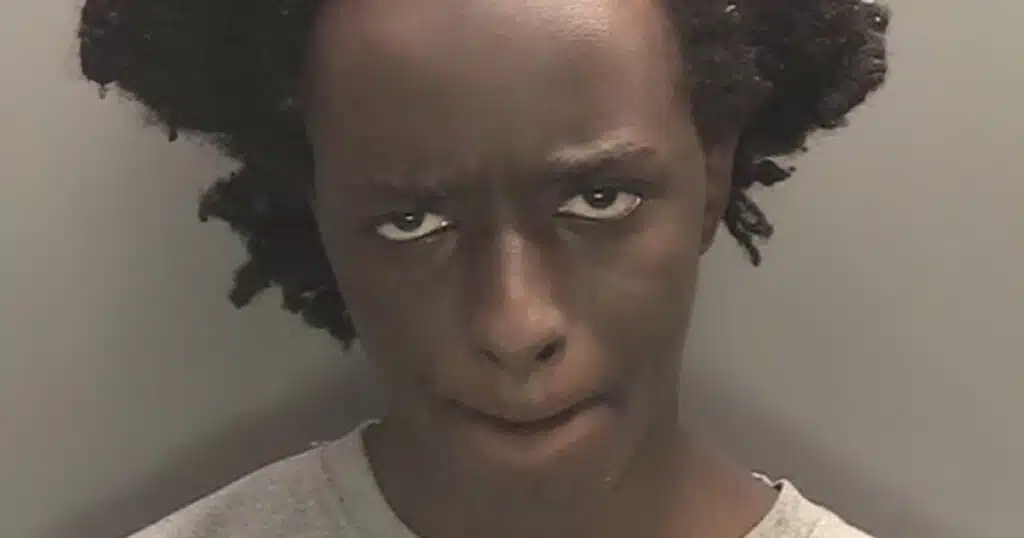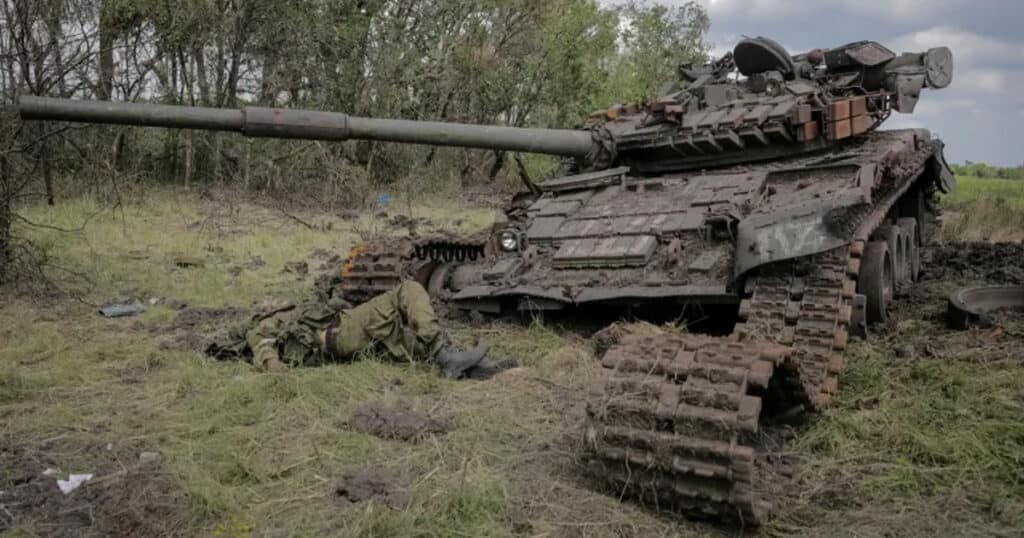
A Sobering Reflection on the Russia-Ukraine War by World War I Historian
Those Western policymakers who invoke solemn principles and who offer righteous moral posturing when discussing the Russia-Ukraine War should take the time to read historian Margaret MacMillan’s sobering reflections in Foreign Affairs on the similarities between the current war and the First World War. MacMillan is the author of The War that Ended Peace: The Road to 1914 and Paris 1919: Six Months That Changed the World. “[T]he scenes coming from Eastern Ukraine–soldiers knee-deep in mud, the two sides facing each other from trenches and ruined buildings across a wasteland churned up by shells,” she writes, “could be from the western front in 1916 . . .”
The current war, MacMillan explains, like World War I, is “fueled by nationalism and unrealistic assumptions about how easy it would be to overwhelm the enemy.” Towns and villages, as in the First World War, have been decimated. Both sides in this war are, like the opponents in 1914-1918, expending resources and manpower at alarming rates. Each side, as in the earlier war, is searching for new weapons and planning new offensives to achieve victory. It is becoming, like that earlier war, a “prolonged and bitter armed conflict.” And the current war risks spreading to other countries, just as happened during World War I.
Russia’s invasion of Ukraine shocked Europe and much of the civilized world who thought that the era of great power wars was over–especially in Europe. Similarly, few European statesmen in 1914 thought that the mighty European states–whose economies were integrated and many of whose leaders were related by blood and marriage–would wage more than four years of relentless slaughter against each other. “In 1914 and 2022 alike,” MacMillan writes, “those who assumed war wasn’t possible were wrong.” And those leaders who once war broke out thought that victory would be quick and decisive were also wrong. History teaches that “wars rarely go as planned.”
MacMillan notes that Russian leader Vladimir Putin signaled early and often that Ukraine was “central to Russia’s destiny.” In addition to Russia’s annexation of Crimea in 2014, Putin published an essay in 2021 titled “On the Historical Unity of Russians and Ukrainians” in which he noted that the Russian state originated in Kyiv. And Putin and many other Russians had been vocal in their opposition to NATO expansion for two decades. The West’s surprise at Russia’s invasion of Ukraine was a failure of cultural perspective. “Western strategists,” MacMillan suggests, “need to pay more attention to how leaders elsewhere see their own countries and histories.”
MacMillan compares the siege of Bakhmut to World War I’s Battle of Verdun, where both sides “committed to a devastating battle they were unable to win.” MacMillan fears that there will be more Bakhmuts–senseless battles that produce massive casualties and destruction but no decisive victories. But the greater concern, she writes, is the possible widening of the war–just as the local conflict in the Balkans between Austria-Hungary and Serbia became a Europe-wide war that eventually expanded to include Japan, China, and the United States. MacMillan believes that the risks of escalation are real and could eventually result in a global conflagration with the use of nuclear and chemical/biological weapons.
Like the combatants in the First World War, Russia and Ukraine continue to seek victory on the battlefield. “As long as both sides continue to hope for something they can call victory,” MacMillan writes, “getting them to the negotiating table will be difficult, and the growing gap between their war aims will make reaching a settlement even harder.” Already, Western powers have talked about putting Putin and other Russian leaders on trial as war criminals and extending NATO-like security guarantees to Ukraine–treating Russia as a pariah-state the way the allied powers treated Germany after World War I. That would only lead, MacMillan believes, to renewed conflict. As the aftermath of World War II proved, she writes, “[e]ven former enemies can be transformed into close partners.”
Francis P. Sempa is the author of Geopolitics: From the Cold War to the 21stCentury, America’s Global Role: Essays and Reviews on National Security, Geopolitics and War, and Somewhere in France, Somewhere in Germany: A Combat Soldier’s Journey through the Second World War. He has written lengthy introductions to two of Mahan’s books, and has written on historical and foreign policy topics for The Diplomat, Joint Force Quarterly, the Washington Times, The American Spectator, and other publications. He is an attorney, an adjunct professor of political science at Wilkes University, and a former contributing editor to American Diplomacy. Mr. Sempa also writes a monthly column Best Defense for RealClearDefense including his latest “American Sea Power in the Asia-Pacific“
This article was originally published by RealClearDefense and made available via RealClearWire.
